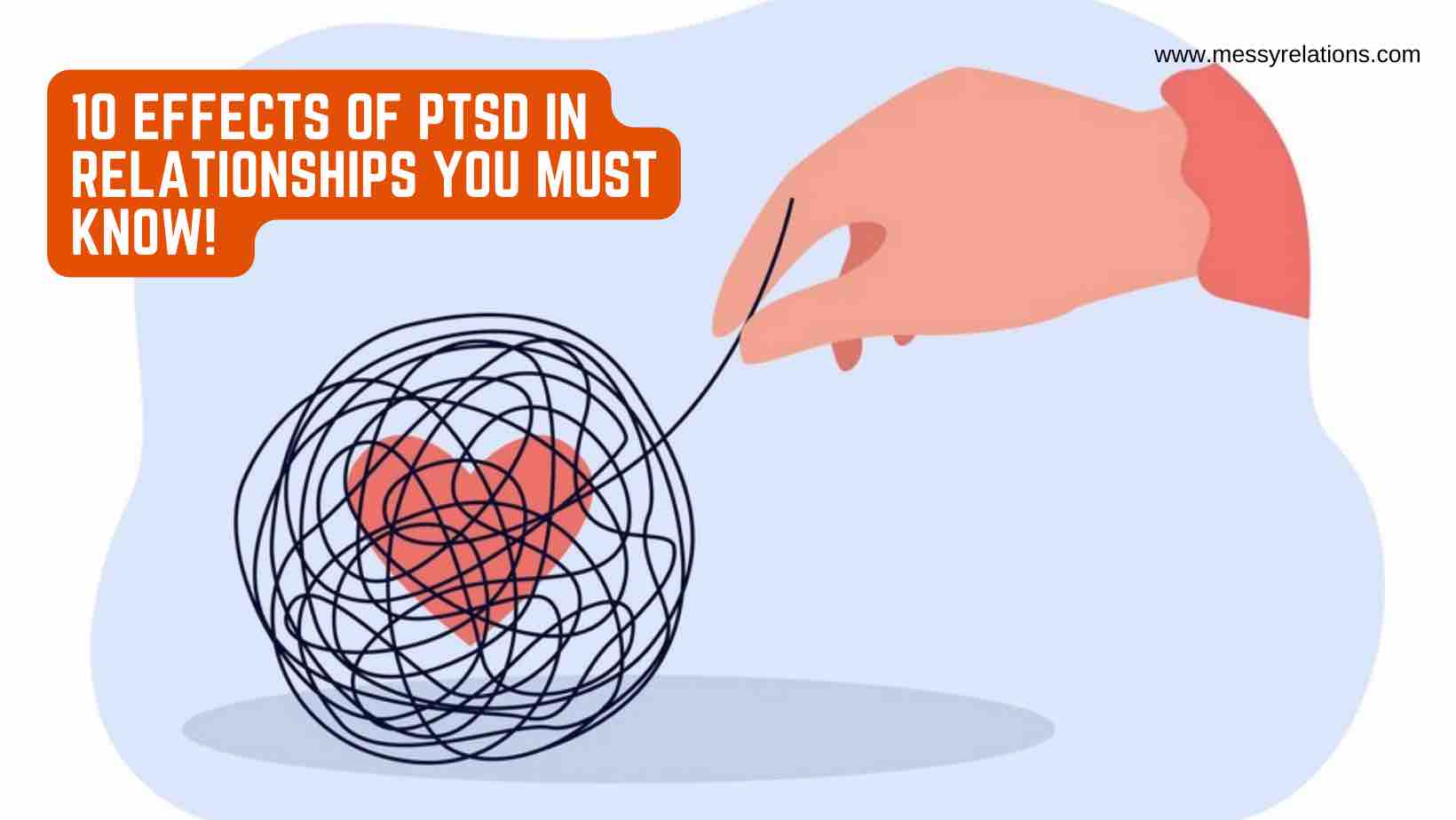The term “platonic” frequently surfaces in conversations about friendships and relationships, yet its depth often remains unexplored. At the heart of this word lies a rich history, philosophy, and profound understanding of human connections. But, what does “platonic” truly mean? Let’s embark on a journey to uncover the essence of this timeless term.
What Does Platonic Mean?
A Journey Back in Time: The Philosophical Roots
The term “platonic” derives its name from the ancient Greek philosopher Plato. While Plato himself never used the term “platonic love” in the way we do today, his philosophical dialogues laid the groundwork for our modern understanding.
In his work “Symposium,” Plato delves into the various forms of love (or “Eros” as the Greeks called it). He theorized a kind of love that goes beyond physical attraction or desire, emphasizing a love rooted in intellectual and emotional connection. This love was viewed as aspiring to the purest form of affection, free from bodily desires.
Platonic Love vs. Romantic Love
Fast forward to today, the distinction between platonic and romantic love is often drawn based on the presence or absence of physical or sexual attraction. Platonic love is characterized by a deep emotional bond without the romantic undertones. It thrives on shared experiences, mutual respect, trust, and a genuine affection that isn’t anchored in romantic or sexual desires.
In contrast, romantic love often involves a deeper level of commitment, intimacy, and physical attraction. While both forms of love can offer depth and fulfillment, they cater to different aspects of human connection.
Platonic Friendships in the Modern World
In the context of modern relationships, a platonic friendship signifies a bond between individuals that’s free from romantic inclinations. It’s not limited by gender or age, defying societal stereotypes and biases. Such friendships are testaments to the fact that humans can share profound connections based purely on mutual interests, shared experiences, and respect.
However, navigating platonic friendships in today’s world, especially between opposite genders, can be challenging. Societal norms and perceptions can often blur the lines, leading to misconceptions and misunderstandings. Yet, the core of these relationships remains the same: a genuine bond free from romantic interests.
The Value of Platonic Connections
Platonic relationships, both friendships and love, offer unique advantages:
- Unbiased Perspective: With the absence of romantic emotions, platonic relationships often foster an environment of raw honesty, allowing for open and unbiased advice or opinions.
- Emotional Sanctuary: These relationships serve as a refuge during turbulent times, providing an emotional anchor.
- Reduced Pressure: Without the societal or personal pressures that sometimes accompany romantic relationships, platonic connections flourish in the present moment.
- Deep Emotional Bonding: Without romantic distractions, platonic friendships can lead to deep emotional connections, often built on shared interests and experiences.
Platonic in a Digital Age
In the digital age, where connections are often made at the click of a button, the concept of “platonic” has further evolved. Online communities, forums, and platforms allow for the formation of platonic bonds based on shared interests or experiences, without physical presence playing a role. This digital evolution reinforces the idea that connections can be profound and meaningful without romantic or physical inclinations.
“Platonic” is more than just a term; it’s a celebration of human connections in their purest form. It acknowledges that love and affection are multifaceted, capable of existing outside the boundaries of romantic or physical attraction. In understanding the essence of “platonic,” we gain insight into the diverse ways humans connect, bond, and enrich each other’s lives. Whether through ancient philosophical discussions or modern-day friendships, the concept remains a testament to the depth and range of human emotions and connections.
FAQs – Frequently Asked Questions
1. How did the term “Platonic” originate and what’s its connection to Plato?
The term “platonic” is rooted in the philosophy of the ancient Greek philosopher Plato. Although Plato never explicitly referred to “platonic love,” his dialogues, especially in “Symposium,” discuss love forms that transcend physical desires, emphasizing emotional and intellectual connections.
2. What differentiates platonic love from romantic love?
Platonic love thrives on deep emotional bonds, shared experiences, mutual respect, and trust without the undercurrents of romantic or sexual attraction. In contrast, romantic love typically intertwines with deeper commitments, intimacy, and physical allure.
3. Can platonic friendships exist between individuals of opposite genders in today’s world?
Absolutely. Despite societal norms and biases, platonic friendships between opposite genders signify bonds based on mutual interests, respect, and shared experiences, all devoid of romantic inclinations.
4. How do online communities influence the concept of platonic relationships in the digital age?
Online platforms and communities have expanded the realm of platonic connections. Without the immediate role of physical presence, individuals can forge deep, meaningful bonds based purely on shared interests or experiences, further emphasizing the non-romantic essence of platonic relationships.
5. Why are platonic connections considered valuable in personal growth?
Platonic relationships offer an environment of raw honesty, emotional support, and deep emotional connections without romantic distractions. They provide diverse perspectives, reduce societal pressures, and foster personal growth through understanding and mutual respect.
Also read: How Could We Ever Just Be Friends?




